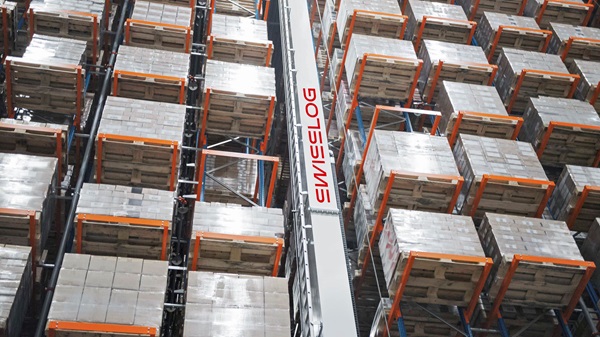Coronavirus is spreading like a wildfire across the world. It has suddenly become a global disaster of biblical proportions that forced governments to take significant protective action. Many countries have initiated lockdown while others have announced stringent social distancing measures to minimize the risk of virus transmission in public areas. In a way, being affected by coronavirus can be considered worse than being affected by a trade war.
This global epidemic has triggered a change in work behavior and destroyed economic growth. Poor people are at the most disadvantage because they cannot work and they are not sure what to eat the next day.
Governments are not allowing people from going out of their homes and on top of that, densely populated developing countries are reluctant to give food door to door as a consequence of the lockdown due to shortage of financial resources. The education sector has also taken a hit and School lessons are delivered online which makes the effectiveness questionable.
Staying and working at home all the time will increase online activity. People need the internet to shop, work, seek entertainment, learn about what’s happening outside and many more. Therefore digital startups are growing especially those providing online services that do not need direct contact with their consumer.
In these frustrating times, the reality is, all kinds of businesses are being shut down. Then should entrepreneurs stop their pursuits? In every situation, there is always a trade-off.
As a matter of fact, in the mid of the corona epidemic, there are some products that have seen enormous growth in sales. Apparently e-commerce industry is taking a lot of advantages from social distancing and work from home policy that has been imposed by governments in every country.
In case of Indonesia, Hand sanitizer, vitamin pills, and masks have become gold and the price has been increasing since the first case of corona arrived in Indonesia. It pushed people to put their trust in online stores because top online stores such as Tokopedia, initiated blocking policy for sellers who set irrational prices during the corona outbreak, therefore the best place to find health products with the normal prices is online stores.
Vice President (VP) of Corporate Communications Tokopedia, Nuraini Razak on April 10, 2020 said that in March 2020, mask sales value increased 197 times compared to the previous months and it only took 42 minutes to see 72.000 units of hand sanitizer sold out to buyers all over Indonesia says
Furthermore, disinfectant, tissue, and air purifiers were other popular products that enjoyed high sales due to the pandemic. Cloth masks is a good alternative to medical mask that is now becoming more difficult to find because the top priority for the administration is to ensure its delivery to doctors and nurses who act as a soldier in the war against coronavirus. Health supplements are also in urgent need as health awareness among people has increased lately.
On the other side, products such as beef, ginger, and dates are in high demand in Indonesia. Ginger is a traditional food ingredient in Indonesia that people believe can boost immunity, therefore it is a good prevention strategy to Coronavirus, though it is not scientifically proven.
During March 2020, 100 tons of beef and 60 tons of Ginger were sold out in Tokopedia. Meanwhile, Fransisca Krisantia Nugraha, Senior Vice President of Trade Partnership in Blibli, another popular Indonesian online store stated that an increase in those product sales was also confirmed in their store including instant food because it can be stocked and the price is relatively cheap.
Their store also initiated a policy of purchase limit in order to give the opportunity to many more people who need to buy the products. For example, Blibli set a limit of a maximum of two products per buyer for food products such as rice, oil, and instant noodles.
The investment in E-commerce start-up becomes more promising as the impact of this coronavirus outbreak. As a well-regulated industry, e-commerce companies are playing a major role in price regulation in Indonesia because traditional sellers, for their own personal advantage and lack social empathy, are charging more for the same product.
The government is expected to boost the growth of this industry because digital innovation is capable to adapt to hard situations like these. E-commerce can act as the biggest contributor to Indonesian economy growth and development, as well as promoting fair buying behavior in society.





 How to7 years ago
How to7 years ago


 More4 years ago
More4 years ago


 More6 years ago
More6 years ago


 Interview4 years ago
Interview4 years ago


 Other Internet Tech6 years ago
Other Internet Tech6 years ago


 More6 years ago
More6 years ago


 Business Ideas6 years ago
Business Ideas6 years ago










